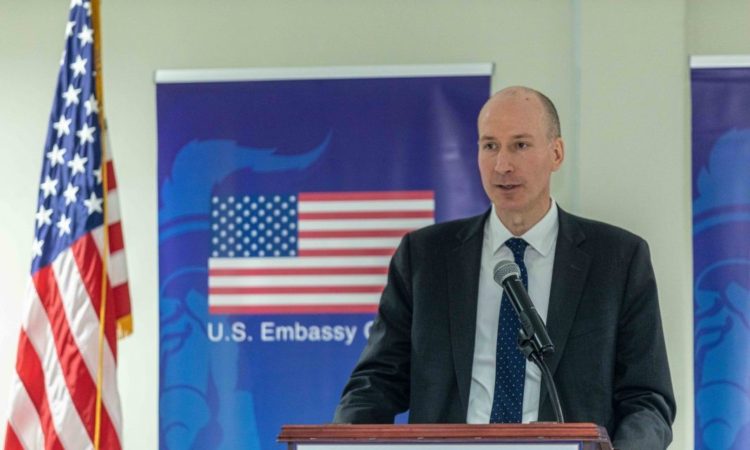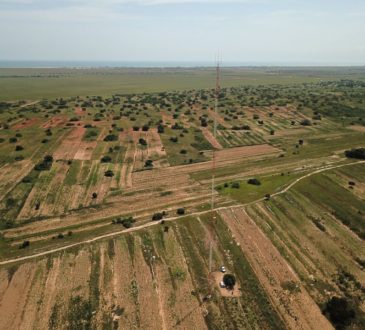
The US Deputy Secretary of Energy, David Turk, has reiterated its position to support Ghana’s renewable energy plan to make energy affordable and accessible.
Ghana as a signatory to the Paris Agreement pledged to achieve a 10% renewable energy mix by 2020, but revised to 2030.
The Vice President of the Republic of Ghana, Dr. Mahamudu Bawumia in September 2022, revealed that the government has set “a target of 2070 to fully transition from fossil fuels to renewable energy. So, even though as a government, we are fully committed to achieving net-zero carbon emissions by 2070, we also have to take steps to accelerate the production and utilization of our oil and gas reserves.”
Sharing insights on America’s strategy on renewable energy, Mr. Turk said that “under the auspices of President Biden’s Emergency Plan for Adaptation and Resilience (PREPARE), the United States will continue to work closely with African countries to identify solutions and ways that our African nation partners can benefit from additional adaptive capacity as we work collectively to deploy clean energy technologies at scale and develop new solutions.”
He hailed Ghana for the “incredible strides in energy access” adding that “we recognize Africa’s efforts to address its energy access, affordability, and security goals – while diversifying its energy mix, building sustainable supply chains, and protecting the continent’s ecosystems and diverse natural resources – and know that these goals are central to the prosperity of Africans as well as helping to tackle the global climate crisis.”
Commenting on minerals needed to develop solar batteries and other renewable energy materials, he advised extractive countries such as Ghana not only focus on the “mining bit of it but the part that I think is the value added during the supply chain” as this is an opportunity in the green revolution.
“So I think countries have an opportunity through their leadership with private sector and entrepreneurs to think about not only the mining but the processing of the minerals. Think about the products that can be used domestically and in Africa,” he added.






